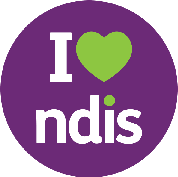Your first NDIS planning meeting is an important step towards receiving the right support to live your best life. It’s a conversation where you and your planner (or Local Area Coordinator) work together to create a plan tailored to your goals and needs. Being well-prepared makes a big difference, helping you feel more confident and ensuring you get the most out of your meeting.
Here are 10 practical tips to guide you through the process:
1. Understand the Meeting Format
Before the meeting, confirm how and when it will take place. Is it in-person, over the phone, or via video call? Make sure you know the date, time, and who you’ll be speaking with.
- For phone meetings, find a quiet place with good reception and keep your phone charged.
- For in-person meetings, confirm the location and whether you need to bring identification or documents.
Tip: Treat the meeting as a conversation about your life. Don’t hesitate to ask questions or for clarification.
2. Gather Necessary Documentation
Organize relevant paperwork ahead of time:
- Medical reports
- Therapy assessments
- Behavioural support plans
- School or workplace evaluations
Bring anything that shows how your disability affects your daily life. This will help your planner understand the level of support you need.
Download the NDIS Planning Checklist to stay organized.
3. Reflect on Your Goals
Think about your short-term and long-term goals:
- Short-term: learning daily living skills, joining a social group, accessing therapy
- Long-term: finding work, living independently, building relationships
Clearly communicate how NDIS support can help you achieve these goals. Visit our article on NDIS Goal Setting to explore possibilities you may not have considered.
4. List Current Supports
Make a list of both formal and informal supports:
- Family or friends who help you
- Support workers, therapists, or teachers
- Assistive technology or mobility aids
Include what’s working, what’s not, and where you need more help.
Explore the Services we offer at Centre of Hope that can complement your existing supports.
5. Consider Future Needs
Are there any big changes coming up?
- Starting school or work
- Moving house or becoming more independent
- Needing new equipment or therapies
Anticipating your future needs ensures your plan can grow with you. Learn more in our article: Top NDIS Services You Didn’t Know You Could Access.
6. Decide on Plan Management
There are three main ways to manage your NDIS funds:
- Self-managed: You manage the budget and pay providers yourself
- Plan-managed: A plan manager helps handle invoices and paperwork
- NDIA-managed: The NDIA pays providers directly
Read our guide to Understanding NDIS Support Coordination to see what’s right for you.
7. Prepare Questions
Write down any questions you want to ask, such as:
- What supports will help me achieve my goals?
- Can I change my plan later?
- How do I access specific services?
Having a list ready ensures you won’t forget anything important.
8. Practice Your Story
Be ready to explain your daily life and how your disability affects you:
- Where you live and who supports you
- What a typical day looks like
- The challenges you face
Practicing with a family member or friend can make you feel more confident. Your story is key to receiving the right support.
9. Bring a Support Person
You don’t have to do this alone. Bring someone who knows you well:
- A family member
- A friend
- An advocate
They can help you remember details, ask questions, and feel more at ease.
Need help? Book an Appointment with our friendly team at Centre of Hope to discuss how we can support you.
10. Follow Up
After the meeting:
- Review your draft plan
- Contact your planner if you have questions or forgot something
- Understand your next steps and timelines
Explore how our Support Coordination team can help you put your plan into action.
Final Thoughts
Preparation is the key to a successful NDIS planning meeting. By taking the time to reflect, organize, and speak up, you empower yourself to receive the support that suits your unique needs.
For more tips, visit our Blog and check out our post on 5 Essential Questions to Ask When Choosing Your NDIS Support Coordinator.
Have questions or need assistance?








